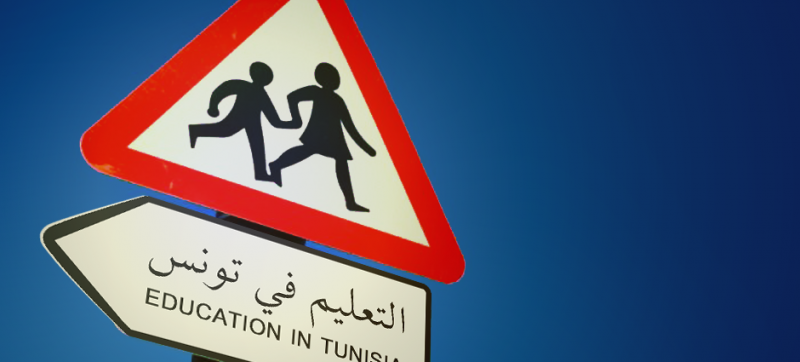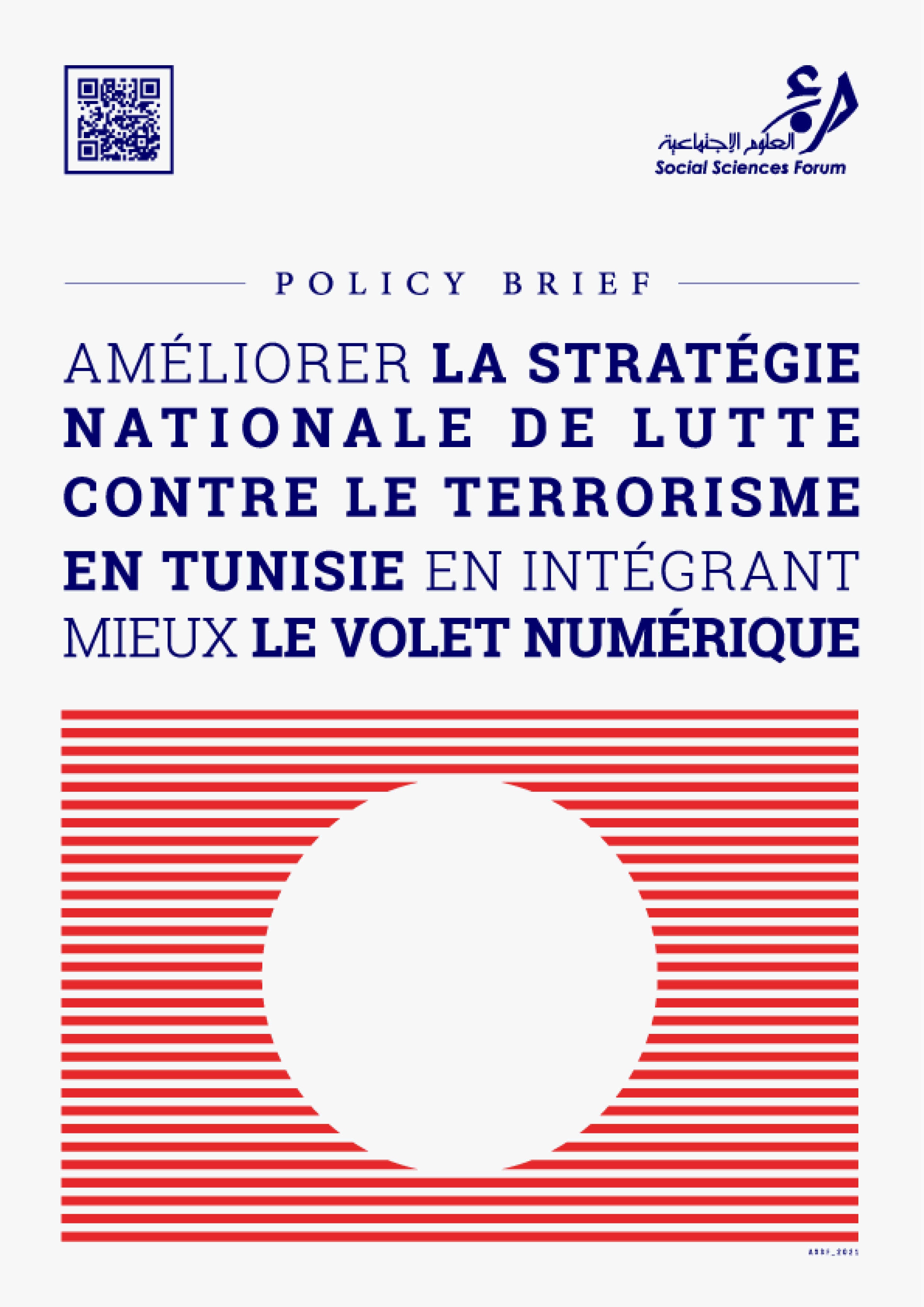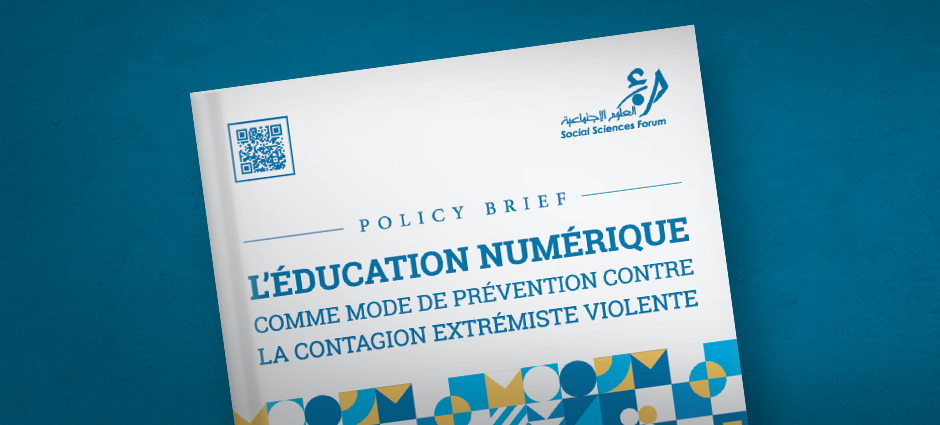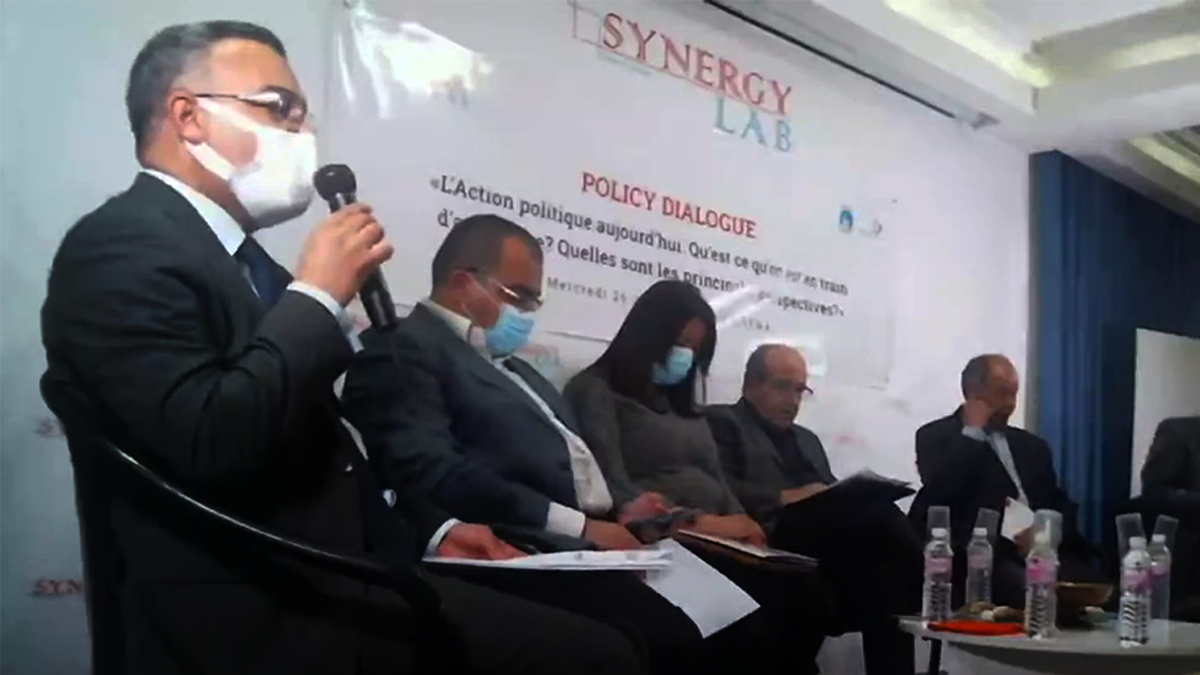Where to now for Primary Education in Tunisia ?
This paper aims to shed light on the reality of primary education in post-revolutionary Tunisia at a time when much importance has been given to reforms in some sectors as a response to sectoral demands. Yet, in the meantime, decision makers are less concerned with the education sector, and mainly the primary education. Henceforth, this policy brief is an attempt to present a reform proposal that would improve the reality of primary education in Tunisia.
After independence, the Tunisian government have invested well in education, which has been offered free-of-charge in all various levels, and for all school age learners. Tunisia has been always in line with international conventions, for instance, Article 28 of the UN Convention on the Rights of the Child states that the State’s duty is to ensure that primary education is free, and Article 26 of the Universal Declaration of Human Rights highlights the fact that elementary education shall be free. In fact, in Tunisia, education is compulsory for kids aged 6-16, as compared to the international system that limits compulsory education to primary school kids aged 6-12
This interest in education does not come out of scratch, but bears witness of the State’s >willingness to encourage and generalize education in all Tunisian regions and for all social categories. This reflects a strong belief that educational attainment guarantees social progress; a characteristic that has been quite noticeable in the Tunisian society.








